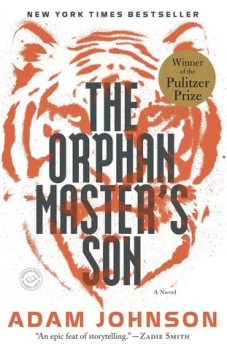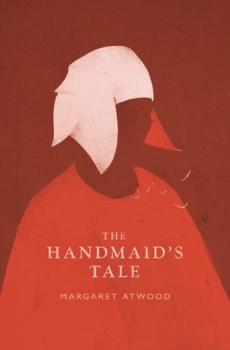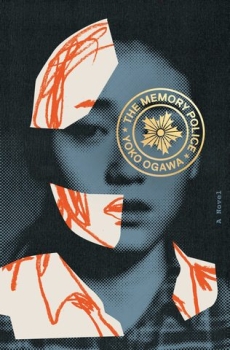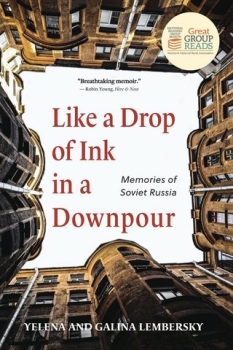The Orphan Master’s Son, by Adam Johnson
Historical background:
After vying with China for influence in Korea during the 19 th century, Imperial Japan occupied the
country in 1910. During WWII, Russia and the US established the 38 th parallel as a temporary dividing
line, as they each fought against Japanese forces. In the Korean War of 1950-53, the Communist
Democratic People’s Republic of Korea (DPRK) crossed the 38 th parallel to invade S. Korea, with the aim
of reunification. After UN troops intervened for the South, and Chinese troops for the North, the Korean
War ended with the 38 th parallel as dividing line.
N. Korea ranks near the bottom of Freedom House’s rankings for democracy and human rights,
scoring 3/100. Its current ruler, Kim Jong-Un, is the grandson of the first post-war ruler, Kim Il-Sung. The
“Dear Leader” in The Orphan Master’s Son is Kim Jong Il, who ruled from 1994 until his death in 2011.
The country is among the most closed-off and militarized societies in the world, with a population of
around 26m (compared with S. Korea’s 51m), but the fourth largest army in the world. As many as 100
Japanese citizens are believed to have been abducted by N. Korea in the 1970s and 80s, primarily to
serve as teachers of culture and language for prospective spies.
The book club is hosted at the Tempe Public Library, convened by Keith Brown. [email protected]. For the latest book club meeting register at: tempepubliclibrary.org and click Event Calendar.
Key terms
Juche. N. Korea’s ruling ideology, which combines communist ideas and aspiration to self-reliance for
individuals, as well as a reunified Korea.
Songbun. The “loyalty rating” of every individual, determined by the assessment of their and their
family’s performance over generations, which then determines their options. When the Second Mate’s
wife, for example, asks Jun Do why he never married, his answer is simply “bad songbun” (111)
Yangban. In historical terms, the hereditary aristocracy in Korea; and used to describe the party-
connected elite in N. Korea. (372, Jun Do questions whether Sun Moon was born into privilege when he
sees her notched ear lobe, marker of a prior arrest.)
Themes and some of our favorite passages
Storytelling and survival. Jun Do took a deep breath and turned to the Captain. “Sharks and guns and
revenge,” he said. “I know I thought it up, but this isn’t a story that anyone could really believe.”
“You’re right,” the Captain said. “But it’s a story they can use.” (83, after they create the cover story to
explain what happened to the Second Mate)
Storytelling and identity/truth. “Where we are from, stories are factual. If a farmer is declared a music
virtuoso by the state, everyone had better start calling him maestro. And secretly he’d be wise to start
practicing the piano. For us the story is more important than the person. If a man and his story are in
conflict, it is the man who must change.” (121, Dr. Song, contrasting N. Korea with the US where it is
“the man who matters.”)
Storytelling as a shared, creative act of community. (The Junma’s crew’s story of the Second Mate’s
death (81-90), undone by his recapture; Jun Do, Dr. Song and his driver’s story of what happened n
Texas (162-168); The family story of the dog in space, which sets the kids’ imaginations free (367-369).
Secrets and human resilience. “A pain reserve was like a real reserve. You put a fence around it,
attended to its welfare, kept it pristine, and dealt with all trespassers. Nobody could ever know what
your pain reserve was, even if you’d chosen the most obvious, rudimentary element of your life,
because if you lost your pain reserve, you’d lost everything.” (209, Jun Do during his interrogation)
Truth and intimacy. “What happened?” Buc asked him.
“I told her the truth about something,” Ga answered.
“You’ve got to stop doing that, “Buc said. “It’s bad for people’s health.” (301, after Jun Do has told Sun
Moon that her mother is not living an idyllic retirement in Wonsan, but is either in a gulag, or dead)
Precariousness of life. “A day is nothing. A day is just a match you strike after the ten thousand matches
before it have gone out.” (371, Sun Moon)
Discussion questions:
1. What genre do you consider this book to belong to? Thriller? Romance? Political dystopia?
(Johnson has described it as a “trauma narrative.”)
2. Is Jun Do an orphan?
3. How do the two parts of the book work together for you? How do you fit together the multiple
timelines and perspectives of the second part (the interrogator’s linear story; the loudspeaker’s
patriotic fables; Commander Ga’s children’s creativity)?
4. Which voice/narrative form did you like the most? Least?
5. When asked why she is helping Jun Do, Camp photographer Mongnan says “it’s none of your
business” (200). Do you have an answer?
6. Which portion of Jun Do’s/Commander Ga’s story did you find most engaging?
7. Jun Do’s tattoo, and his artless lie to the Senator’s wife in Texas, appears to play a decisive role
in the comedy of mistaken identity in the second part. Does visible evidence (tattoos, scars, the
pictures on Wanda’s camera, maps on Commander Ga’s laptop, and the prison inventory
created by Mongnan) cut through verbal fictions?
8. How is the propaganda/fabrication that we hear in N. Korea (3-4; 289-292; 343-351; and the
final absurdity of 439-443) different from or similar to media storylines these days? Does
anyone in the novel (for example, the interrogator’s blind parents, the Dear Leader hlmself, or
others) believe them?
9. Why do you think Jun Do was so interested in the Rower Girl? Why was the Dear Leader?
10. Who is the North Korean “everyman” in this novel: Jun Do (homonym for “John Doe”)? Or the
unnamed narrator? In what ways are their lives similar and dissimilar?
Resources and selected reviews:
Extended author interview with reading recommendations on N. Korea:
Interview reflecting on the death of Kim Jong-Il
NYT Review
Review by Barbara Demick, author of Nothing to Envy (which Johnson recommends):
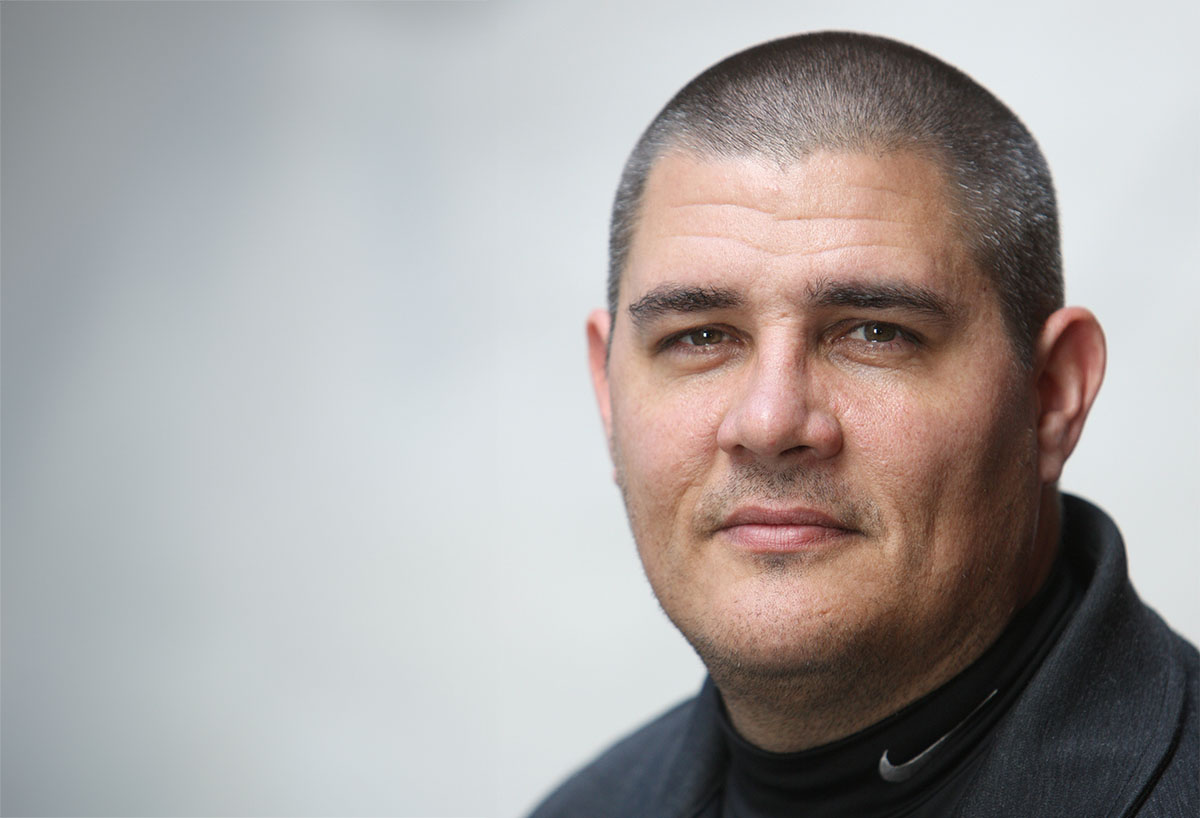
Adam Johnson teaches Creative Writing at Stanford University. He grew up in South Dakota and Arizona, where he attended Marcos De Niza High School, and studied journalism at ASU’s Cronkite School. He won the 2013 Pulitzer Prize for The Orphan Master’s Son. His work has been translated into more than thirty languages. To write the book, he read non-fiction, spoke with Koreans from a range of backgrounds, and visited N. Korea in 2007. His 2015 collection of short stories, Fortune Smiles, includes his story “George Orwell was a Friend of Mine," and won the National Book Award.

